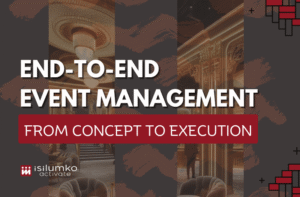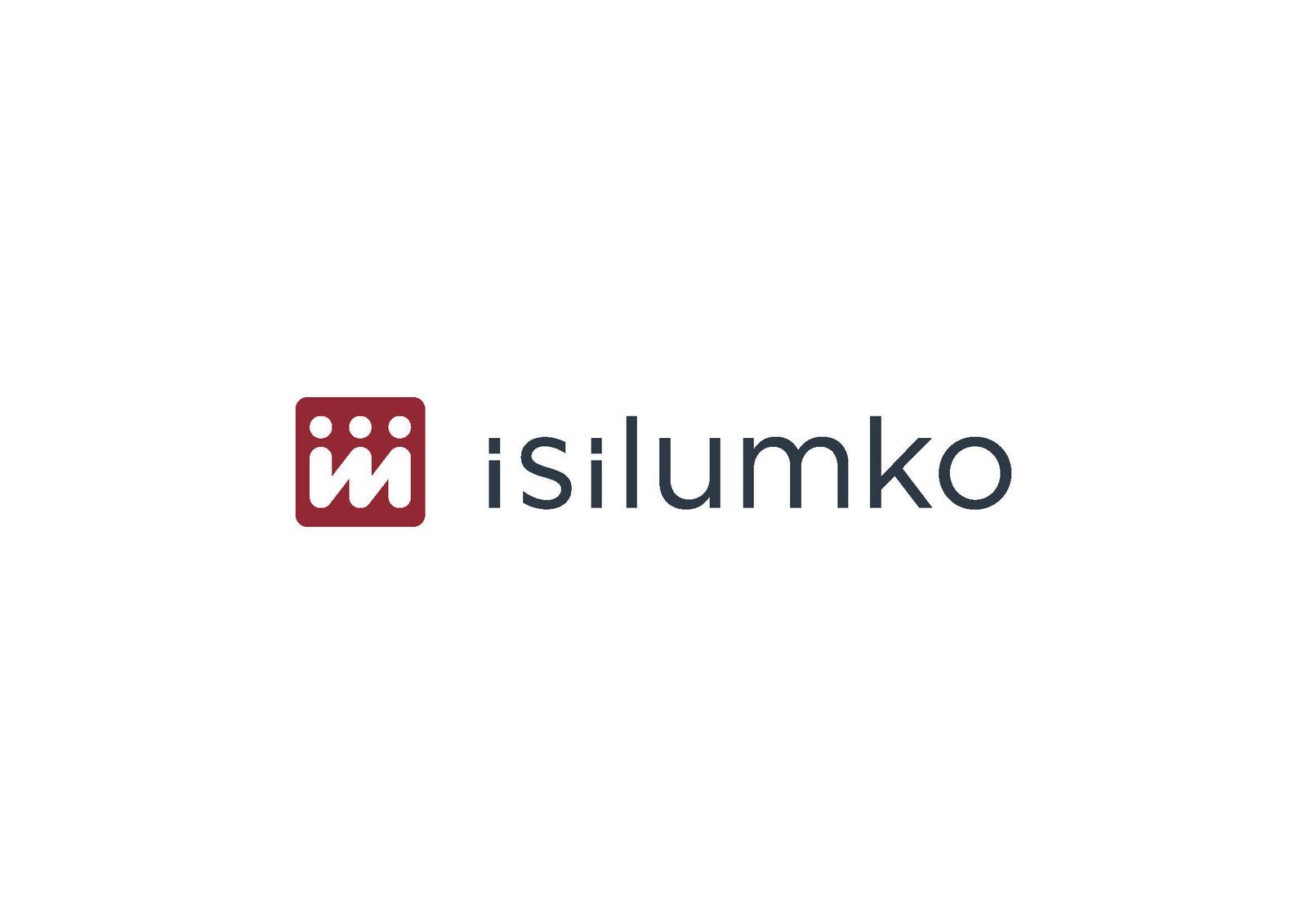Promotions in the workplace go beyond just a pay raise. They play a significant role in job satisfaction, employee motivation, and talent retention. Understanding the impact of promotions and implementing effective strategies can lead to a more engaged and productive workforce. Negotiating a comprehensive promotion package is crucial for long-term success and career growth. Fair promotions not only benefit individuals but also contribute to a positive work environment. Here are the key takeaways from exploring the meaning of promotions in the workplace:
Key Takeaways
- Promotions contribute to employee satisfaction by valuing their contributions and fairly compensating them.
- Fair promotions motivate employees, leading to higher engagement and dedication.
- A comprehensive promotion package aligns career trajectory with personal aspirations, ensuring long-term success.
- Fair promotions reduce turnover costs and improve employee relations, making the organization more attractive to top talent.
- Negotiating promotions should focus on fairness, transparency, and attracting top talent.
The Impact of Promotions on Job Satisfaction
Employee Satisfaction
When it comes to climbing the career ladder, a promotion is often seen as a hallmark of success. But beyond the obvious financial gains, promotions play a crucial role in enhancing employee satisfaction. Feeling recognized and valued for one’s contributions can significantly boost morale and foster a sense of loyalty towards the company.
Employee satisfaction isn’t just about the paycheck at the end of the month; it’s about the message that a promotion sends. It tells an employee that their hard work hasn’t gone unnoticed and that the company is invested in their growth. This investment can manifest in various ways, from professional development opportunities to more significant roles within the organization.
A promotion can be a powerful tool in conveying to employees that they are an integral part of the company’s future.
To maintain high levels of employee satisfaction, consider these steps:
- Regularly review and recognize employee achievements.
- Provide clear pathways for career advancement.
- Encourage open communication and feedback.
- Offer training and development programs aligned with promotions.
By prioritizing these aspects, companies can ensure that promotions contribute to a positive and productive work environment, ultimately leading to the retention of talent and a motivated workforce.
Motivation and Engagement
When it comes to keeping the team on their toes, nothing beats the power of regular feedback and support. It’s like having a personal coach in the workplace, one that not only cheers you on but also gives you the nitty-gritty on where you can improve. This kind of environment doesn’t just keep everyone in the loop; it actively fosters a culture where motivation and engagement thrive.
By breaking down the company’s big-picture goals into bite-sized, achievable targets, employees can see the direct impact of their work. It’s a game-changer for keeping spirits high and focus sharp.
But let’s not forget the secret sauce: celebrating the small wins. It’s not just about reaching the finish line; it’s the milestones along the way that keep the momentum going. Here’s a quick list of tips to maintain that drive:
- Job security
- Clear vision, clear goal
- Go personal
- Don’t punish good failures
- Appreciate progress
Each of these elements plays a crucial role in ensuring that employees don’t just show up, but show up ready to conquer.
Retention of Talent
Promotions are a key factor in retaining top talent. By recognizing and rewarding merit, companies demonstrate their commitment to their employees, which in turn fosters loyalty and reduces turnover. Employees are more likely to remain with a company that values their contributions and offers clear paths for advancement.
Promotions contribute to a positive organizational culture, making the workplace supportive and inclusive. This not only values the efforts of individuals but also enhances productivity and effectiveness.
Fair promotions also ensure legal and ethical compliance, contributing to the organization’s reputation and stability. By offering equal opportunities for advancement, companies can maintain a diverse and inclusive workforce, which is crucial for long-term success.
Effective Strategies for Implementing Promotions
Utilizing Dry Promotions
When it comes to climbing the career ladder, not all promotions come with a financial boost. Dry promotions are a unique beast in the workplace jungle, offering increased responsibilities without the immediate gratification of a pay raise. But don’t be too quick to judge; these promotions can be a strategic move for both the employee and the company.
Transparency is key when implementing dry promotions. Employees should understand the rationale behind the lack of a pay increase and how this step fits into their career progression. It’s crucial to communicate the potential for future salary adjustments and the specific milestones needed to get there.
Here’s a quick checklist to ensure dry promotions are done right:
- Clearly define the new responsibilities and expectations.
- Discuss the promotion’s impact on the employee’s career path.
- Set a timeline for when the next salary review will occur.
- Provide alternative forms of recognition or compensation, if possible.
Remember, a dry promotion should not be a cost-saving tactic but a genuine effort to develop an employee’s skills and prepare them for future success.
Implementing with Transparency
When it comes to promotions, transparency isn’t just a buzzword—it’s a cornerstone of trust and clarity within an organization. Clear communication about the promotion process can alleviate concerns and misconceptions, ensuring that all employees understand how decisions are made. This includes outlining the criteria for promotion, the timeline, and the potential for growth within the company.
Transparency also means being open about the challenges and limitations. If budget constraints or other issues affect promotions, it’s crucial to share this information with the team. Here’s a simple list to keep in mind for a transparent promotion process:
- Communicate the promotion criteria and process openly.
- Address any changes or updates in company policy that may affect promotions.
- Provide feedback to employees who were not promoted, offering constructive paths for future growth.
By fostering an environment where transparency is the norm, not the exception, companies can build a culture of trust that empowers employees and encourages open dialogue.
Remember, a transparent approach to promotions doesn’t just benefit the employees; it strengthens the entire organization by promoting fairness and dedication.
Avoiding Overuse
While promotions are a powerful tool for employee motivation, overusing them can dilute their effectiveness and create an environment where promotions are expected rather than earned. To maintain the integrity of the promotion process, it’s crucial to establish clear criteria for advancement and communicate these standards transparently to all team members.
Promotions should be a reflection of an individual’s growth and contribution to the company, not just a routine step on a predefined ladder.
Here are some strategies to avoid overuse of promotions:
- Set performance benchmarks that are challenging yet achievable.
- Regularly review and update promotion criteria to align with company goals.
- Encourage professional development to ensure readiness for promotion.
- Use alternative recognition methods to reward contributions that don’t necessarily warrant a promotion.
Negotiating a Comprehensive Promotion Package
Understanding Career Trajectory
When it comes to promotions, understanding your career trajectory is crucial. It’s not just about the immediate benefits, but how the move aligns with your long-term professional goals. Aligning your aspirations with the company’s strategic objectives can create a synergy that benefits both you and the organization.
Career growth isn’t a one-size-fits-all journey. It’s essential to assess whether a promotion will provide you with the skills and experiences necessary to reach your ultimate career objectives. Here’s a simple list to help you evaluate a promotion in the context of your career path:
- Determine if the new role aligns with your long-term goals.
- Consider the new responsibilities and how they will shape your skill set.
- Reflect on the potential for future growth within the company.
- Evaluate the impact on your work-life balance and personal satisfaction.
Remember, a promotion should be a step forward in your career narrative, not just a title change or salary bump. It’s about crafting a story where each chapter builds upon the last, leading to a fulfilling career.
Collaborative Negotiation Process
Negotiating a promotion is more than just hashing out terms; it’s about crafting a partnership that benefits both you and your employer. By demonstrating your dedication to a collaborative solution, strategic responses foster a mutually understanding negotiation environment. This approach not only smooths the path to agreement but also sets the tone for your future role within the company.
A thorough review with all parties involved ensures a shared understanding and consensus on the negotiated points. Address any lingering questions or concerns to avoid potential conflicts later on.
When it comes to addressing potential objections, anticipation is key. Prepare for common concerns by identifying them early and having thoughtful responses ready. This shows foresight and a commitment to a successful outcome. If disagreements arise, seek compromises that respect both your aspirations and the organization’s constraints, demonstrating adaptability and a willingness to find a middle ground.
Persistence is crucial in building consensus. Continue the dialogue, address concerns as they arise, and strive for an agreement that satisfies all parties. Once terms are agreed upon, execute them promptly to facilitate a smooth transition into your new role.
Securing Long-term Success
Securing long-term success in your career isn’t just about the immediate benefits of a promotion; it’s about strategically positioning yourself for ongoing growth and opportunities. Set clear long-term goals that align with the company’s vision, and use your promotion as a stepping stone to reach them. Regularly evaluate your progress and be open to adjustments; this ensures your career trajectory remains relevant and impactful.
By showcasing your value consistently, you demonstrate to your employer the wisdom of their investment in your career. This isn’t just about the work you do today, but about the potential you have for tomorrow.
Remember, a comprehensive promotion package is more than just a salary bump. It includes various components like base salary increase, performance bonuses, and other incentives. Recognize these elements and negotiate with a focus on your long-term career aspirations, ensuring that each part of the package supports your journey towards success.
Benefits of Fair Promotions in the Workplace
Enhanced Output and Effectiveness
When employees feel recognized and valued through fair promotions, their commitment to their roles and the company intensifies. This sense of pride and accomplishment, akin to the feeling described on Indeed.com as a result of being promoted, can lead to enhanced productivity and effectiveness in their work.
Promotions often come with new challenges and responsibilities that can invigorate an employee’s work ethic. The opportunity to innovate and contribute at a higher level can result in significant improvements in the efficiency, quality, and standard of the production process. For instance, employees might incorporate new marketing strategies that improve sales and gross margins, demonstrating a direct impact on the company’s bottom line.
Fair promotions not only acknowledge an employee’s past achievements but also empower them to drive future success. This forward-looking approach ensures that promotions are not just a reward, but a strategic investment in the company’s growth.
By fostering a culture that values growth and achievement, organizations can expect a ripple effect of benefits, including:
Reduced Turnover Costs
When it comes to the real cost of employee turnover, it’s not just about the numbers on the balance sheet. Promotions can significantly reduce turnover rates, leading to savings in recruitment and training costs that come with hiring new staff.
Employees who see a clear path to advancement are more likely to stay put, showing loyalty to a company that invests in their growth. This loyalty translates into a more stable workforce and a reduction in the churn that can disrupt business continuity and team dynamics.
By fostering a culture that values internal growth, companies can not only retain their best talent but also attract new employees who are looking for a place where their career can flourish.
Here’s a snapshot of how fair promotions can impact turnover costs:
- Employee Loyalty: A fair promotional deal can increase the likelihood of employees staying longer with the company.
- Positive Organizational Culture: Recognition and appreciation through promotions contribute to a supportive work environment.
- Enhanced Productivity: A merit-based promotion system motivates employees to excel, which in turn can boost overall effectiveness.
Improved Employee Relations
Fair promotions are not just about climbing the corporate ladder; they’re about fostering a sense of camaraderie and mutual respect among colleagues. When promotions are perceived as equitable, it reduces workplace tensions and encourages a more collaborative environment. Employees who feel valued are more likely to contribute positively to the team dynamic, leading to a healthier, more productive workplace culture.
By prioritizing fair promotions, companies can create a ripple effect of positivity that extends beyond individual achievements to the collective success of the team.
Here are a few key points to consider for improving employee relations through fair promotions:
- Open and transparent communication channels
- Fair treatment of all employees
- Commitment to addressing and resolving workplace issues
These elements are crucial for maintaining a harmonious work environment where every team member feels included and important to the company’s mission.
Maximizing Promotion Negotiations for Success
Getting the Most Out of Negotiations
To truly excel in promotion negotiations, it’s essential to approach the table with a clear strategy. Be the first to make an offer; this sets the stage and gives you control of the negotiation landscape. Avoid ambiguity by providing set terms instead of price ranges, which can lead to a stronger position and clearer expectations.
When discussing terms, remember that it’s not just about the salary. Consider the entire compensation package, including benefits, work-life balance, and opportunities for professional development. Here’s a simple list to keep in mind during your negotiation:
- Define your value and achievements
- Understand the company’s constraints
- Propose creative solutions
- Leverage any competing offers
- Maintain professionalism and confidence
Persistence is key. It showcases your commitment and reinforces your dedication to achieving a mutually beneficial agreement.
After closing the deal, execute the negotiated terms promptly. This not only demonstrates your commitment but also facilitates a seamless transition into your new role. Remember, negotiation is an art that requires active listening, strategic responding, and a collaborative mindset.
Ensuring Fairness and Equity
Ensuring fairness and equity in promotion negotiations is not just about ticking boxes; it’s about fostering a culture where every employee feels they have a fair shot at advancement. Fair promotions are the cornerstone of a healthy workplace, where merit and hard work are recognized and rewarded.
Transparency is key. When employees understand the criteria for promotions, they are more likely to feel the process is just. Here’s a simple list to keep in mind for ensuring equity in promotions:
- Establish clear, objective criteria for promotion eligibility
- Communicate the promotion process openly to all employees
- Provide regular feedback so employees know where they stand
- Offer development opportunities to all staff to prepare them for future roles
A fair promotion strategy not only benefits the individual but also bolsters the entire organization by building trust and commitment.
Remember, a promotion is not just a title change or a salary bump. It’s a signal to the workforce that the company values effort and skill, and it’s a powerful motivator for continued professional growth. By prioritizing fairness and equity, companies can ensure that promotions contribute to a positive and productive work environment.
Attracting Top Talent
In the competitive landscape of talent acquisition, fair promotions play a pivotal role in attracting the industry’s best. A reputation for merit-based advancement makes an organization a magnet for top talent, enhancing the recruitment pool significantly.
Organizations that prioritize fair promotions not only attract but also retain top talent by demonstrating a commitment to recognizing and rewarding merit. This reduces the likelihood of turnover, fostering a positive organizational culture where employees feel valued and appreciated.
Fair promotions contribute to a diverse and inclusive workplace, ensuring that opportunities for advancement are accessible to all qualified individuals.
By investing in a fair promotion system, companies signal to potential recruits that career growth is based on performance and contribution, not just tenure or favoritism. This transparency in career progression is essential for attracting professionals who are looking for a workplace where their efforts and achievements will be acknowledged and rewarded.
Conclusion
In conclusion, promotions are more than just a pay raise. They play a crucial role in employee satisfaction, motivation, and retention. Negotiating a fair promotion package that aligns with both the employee’s aspirations and the organization’s goals is key to fostering a positive work environment. By understanding the significance of promotions beyond monetary benefits, companies can effectively leverage promotions to drive employee engagement and long-term success.
Frequently Asked Questions
What is the importance of striking a fair promotional deal?
Negotiating a thorough promotion package is more than just increasing compensation figures. It satisfies all professional wants and demands, not just financial ones.
How do dry promotions impact employee trust?
Dry promotions, if overused, can be viewed as predatory by employees and lead to deteriorating trust. Seeking employee feedback and adjusting workloads are essential.
What are the risks and benefits of implementing ‘dry’ promotions?
Dry promotions can help employees grow their skill sets but may also be seen as an empty gesture. Proper implementation with transparency and research is key to utilizing them effectively.
Why is negotiating a comprehensive promotion package important?
It aligns your career trajectory with personal and professional aspirations, ensuring that your promotion meets immediate needs and propels you toward long-term success.
What are the benefits of fair promotions in the workplace?
Fair promotions enhance output and effectiveness, reduce turnover costs, improve employee relations, attract top talent, and contribute to legal compliance.
How can employees maximize promotion negotiations for success?
By ensuring fairness and equity, attracting top talent, and focusing on collaborative negotiation processes, employees can maximize their promotion negotiations for success.





